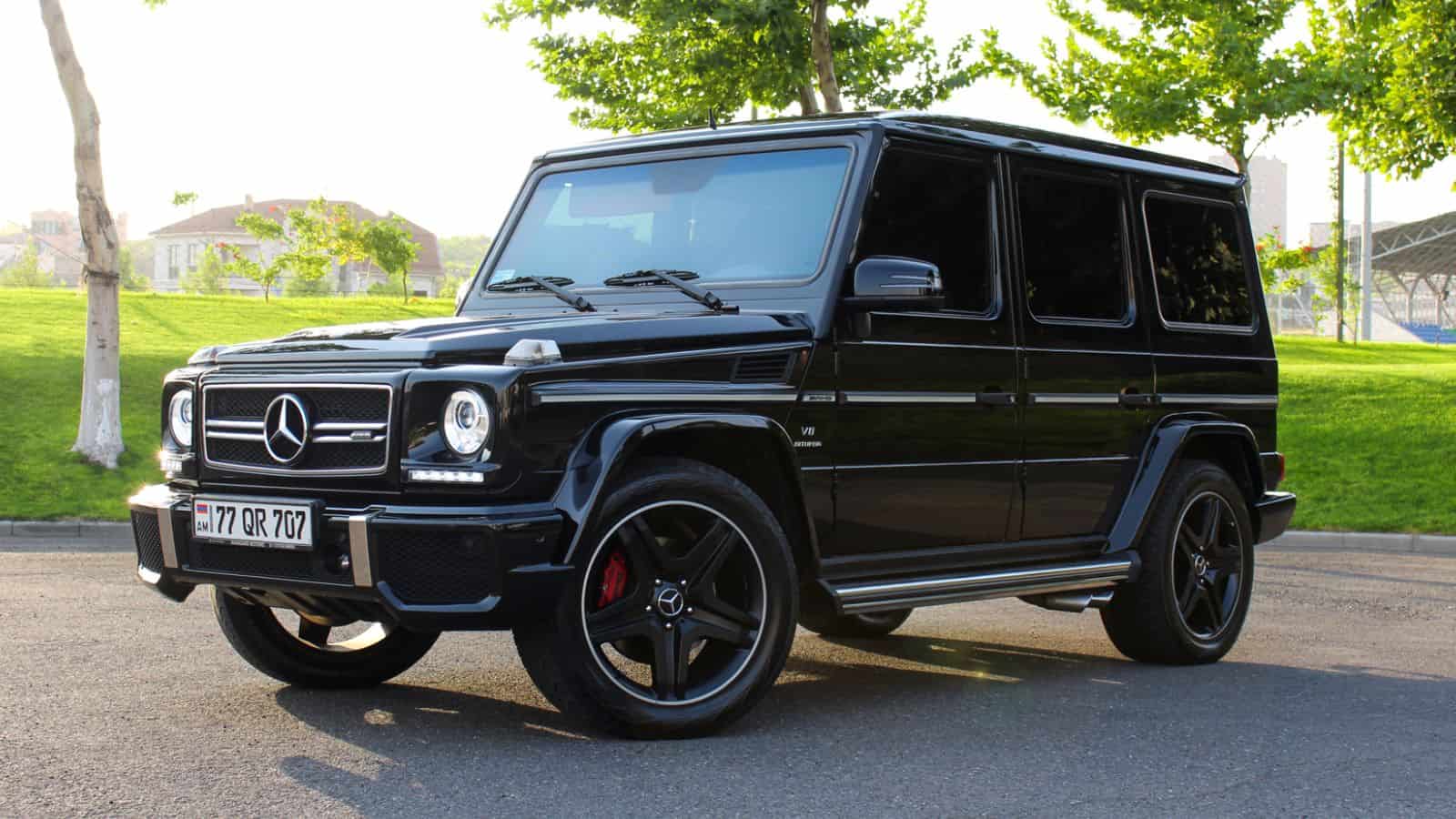It is not uncommon to buy a car with resale value in mind. At the end of the day, everyone would love to make some money back when they move on from their car. Stay with us as we look at 17 car models that you may want to skip if you hope to sell your car in the future.
Diesel Vehicles

Diesel vehicles are depreciating rapidly as environmental concerns and regulations take their toll. A report by the automotive research firm J.D. Power found that diesel car values fell by an average of 26% in the first six months of 2020, a rate significantly higher than their gas counterparts, which saw a decrease of 14% in the same time.
Luxury Sedans

Luxury sedans once symbolized status and comfort, but their value now diminishes faster than ever. As buyers become aware of the rapid depreciation rates, they are opting for SUVs and trucks that have some resale value.
Electric Vehicles

As the electric vehicle market heats up, early models face significant depreciation due to advancements in technology. According to Motorway.com, the Volkswagen e-sport loses about half its value in the first three years. This is because there are so many new and, in many cases, better cars coming out every year.
High-End Sports Cars

Despite their flash, high-end sports cars often see a rapid decline in value, making them less appealing to savvy investors. Yahoo Finance reports that some Maserati models can depreciate up to 90% in value in a matter of years. The high maintenance and insurance costs are also driving people away from these types of cars.
Full-Size Sedans

Full-size sedans are facing a tough road ahead as buyer preferences shift toward more versatile vehicle types. At some point, there was an oversupply in the used car market, showing that even former fans didn’t see the value in keeping them.
Luxury SUVs

Luxury SUVs may offer prestige and comfort, but their value plummets due to high running costs and competitive pressures. In addition to the high initial cost, they are also very expensive to maintain and sometimes unreliable due to constant mechanical issues.
Hybrid Vehicles

Hybrid vehicles, once hailed as the future of eco-friendly driving, now struggle to maintain their value in a rapidly evolving market. There are concerns over battery replacement costs, and most buyers are choosing to go with fully electric models.
Pickup Trucks

While pickup trucks maintain their value better than many car types, certain models still depreciate quickly. For instance, the Nissan Titan can depreciate up to 40% within the first three years of ownership, according to car reselling site Caredge.com.
Minivans

Minivans, once the go-to for families, now see their value decrease as alternatives become more popular. Not to mention, as people have children later in life, the demand for their practicality has dramatically gone down.
Compact Cars

Compact cars, while affordable, often face steep depreciation, making them a less attractive option for value-conscious buyers. Additionally, the rise of fuel-efficient SUVs and crossovers provides more space and versatility for a similar price.
Midsize SUVs

Midsize SUVs are not immune to depreciation because there are simply too many options. The variety of models available weakens brand loyalty, with consumers constantly tempted by the latest features and designs offered by competitors.
German Luxury Brands

German luxury cars, known for their engineering and prestige, are losing due to high maintenance costs. As hardcore enthusiasts crave more cutting-edge technology and superior performance in new models, they tend to trade in their vehicles more frequently, crashing the resale price.
American Muscle Cars

American muscle cars are depreciating quickly due to their niche appeal and practicality issues. The high insurance costs make the cars very difficult and expensive to maintain for buyers who don’t have much disposable income.
Economy Hatchbacks

Economy hatchbacks depreciate quickly because they are marketed as entry-level options. Because they don’t require much engineering, there are always newer, better-priced models. Lastly, they are not appealing to buyers who want a car for more than basic transportation.
Exotic Cars

Exotic cars may be dream purchases, but their depreciation rates can turn those dreams into costly nightmares. Additionally, with a sinking economy, buyers are seeing less need for items that cost more but serve no additional purpose other than vanity.
Convertibles

Convertibles face depreciation challenges due to their seasonal use and niche appeal, making them less attractive in certain markets. They are also perceived as juvenile, with more uptight consumers fearing being associated with them.
Subcompact SUVs

Small SUVs like the Ford EcoSport and Honda HR-V are liked because they’re easy to drive in cities and use less gas than big SUVs. But there are so many for sale and resale, which means they start losing their value fast.
Up Next:
17 Things You Should Never Do When Pulled Over By The Police
